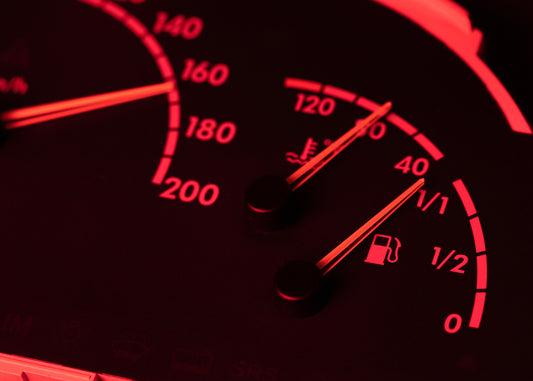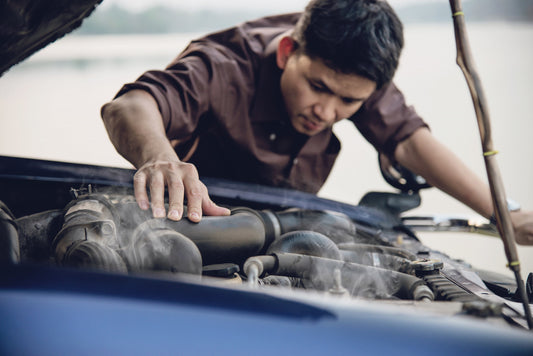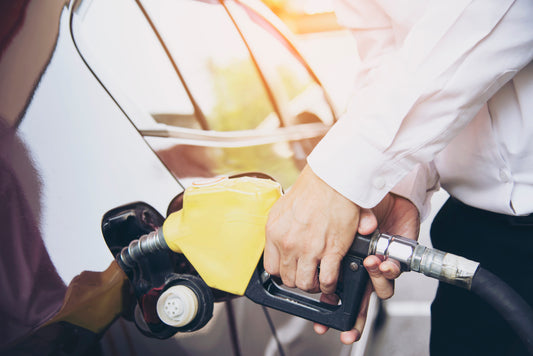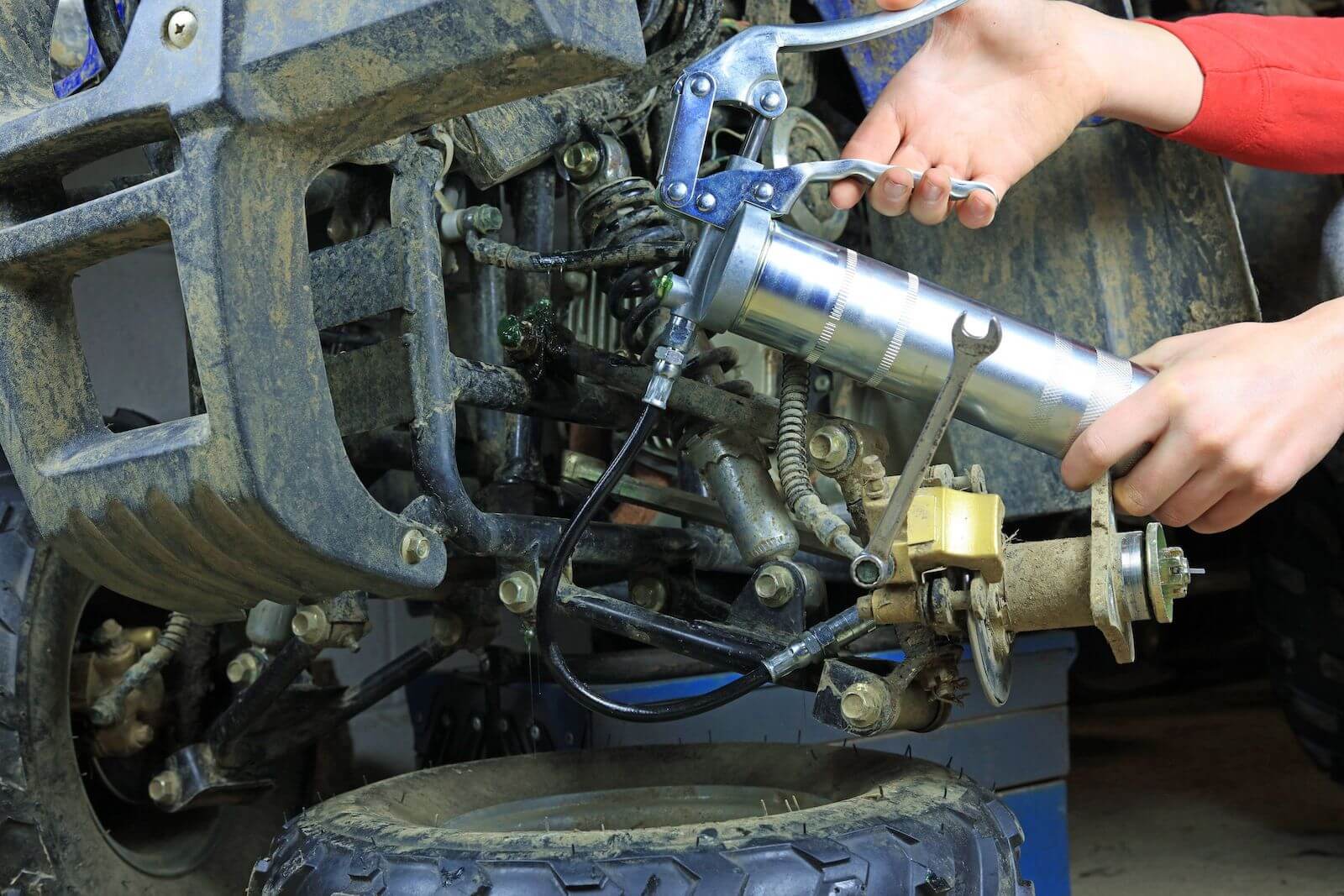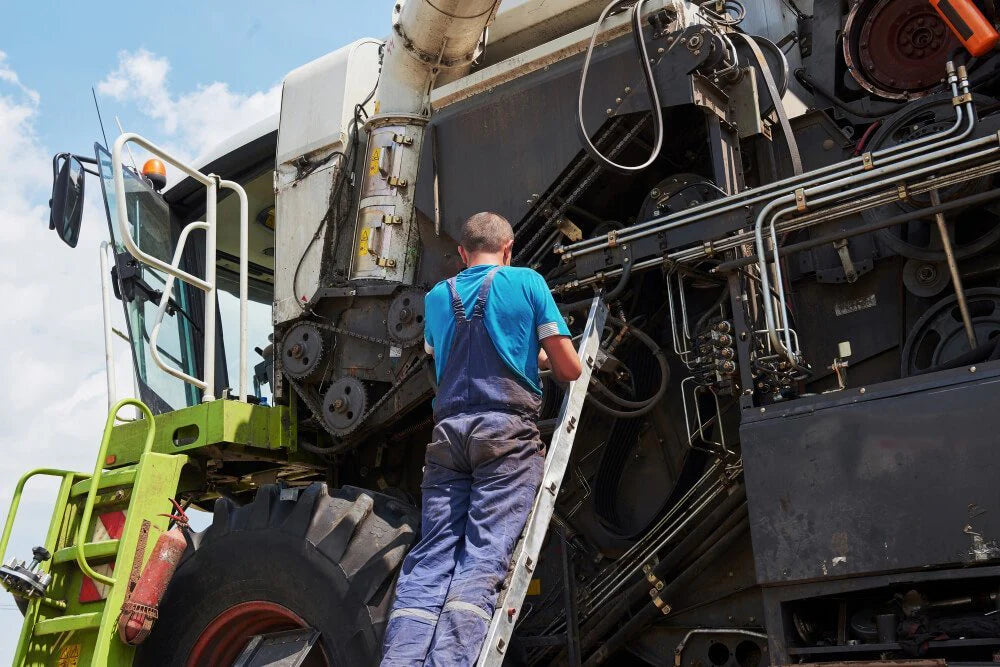Imagine cruising down the freeway when you suddenly notice your car isn’t accelerating properly, or it’s consuming way more fuel than it used to.
Such scenarios can be a motorist’s nightmare and could potentially be due to clogged or dirty fuel injectors. Fuel injectors are crucial components integral to the overall performance and fuel economy of your vehicle.
Over time, they may get clogged with deposits and dirt, affecting the smooth functioning of your car engine. That’s why maintaining regular cleanliness of fuel injectors is of utmost importance.
In this guide, we’ll delve into how to effectively clean and unclog your fuel injectors at home, saving you costly mechanic bills while ensuring your vehicle runs smoothly and efficiently.
What are Fuel Injectors?
Fuel injectors are small electrical devices that inject fuel into the combustion chamber of a vehicle’s engine. The main role of a fuel injector is to deliver an accurate amount of pressurized fuel into the engine, which is then combined with air to produce power in the form of combustion.

If you break it down to basics, your vehicle is nothing but a controlled explosion propelled forward by a series of mini-fireworks, and the fuel injectors are the directors responsible for orchestrating this show.
The precision of these injections is crucial as it directly impacts the efficiency and performance of your engine. If an injector is dirty or clogged, it alters the spray pattern and disrupts the fuel-air mixture, causing detrimental effects on your engine’s performance. The vehicle might hesitate under acceleration, use more fuel, or, in extreme cases, even fail to start.
Inspecting and cleaning your fuel injectors are indispensable maintenance tasks. Understanding how fuel injectors work can help you recognize when they’re not performing at their peak. Proper maintenance will ensure that your vehicle’s engine keeps running smoothly, and you’ll avoid potentially expensive damage down the line.
Air-Tec HIGH CLASS Injector Cleaner
Air-Tec High Class Injector Cleaner cleans an engine’s fuel system, removing harmful oil, carbon, sludge, and resin build up. All Air-Tec High Class products are produced in Germany and held to the industry highest standards, ensuring our products meet and exceed your expectations.
shop nowThe Effect of Dirty or Clogged Fuel Injectors
The outcome of having dirty or clogged fuel injector can be quite severe and have a marked impact on the car’s overall performance. These issues, however minor they may seem initially, can soon snowball into larger, more expensive problems if not addressed promptly.
First and foremost, one of the most evident issues that arise from clogged fuel injectors is reduced engine performance. This happens when fuel isn’t able to get through to the engine as efficiently as it should, causing the engine to work harder than necessary. This may lead to irregular power delivery, often noticeable as a sluggish or hesitant engine response when you press on the accelerator.

Secondly, when the fuel injectors are dirty or clogged, they can supply more or less fuel than required by the engine. If they overcompensate, this results in increased fuel consumption, which translates to more frequent and costly visits to the gas station.
Conversely, undercompensation can lead to poor combustion causing excessive strain on the engine and reduced power output.
Finally, dirty or blocked fuel injectors can lead to higher emissions. Inefficient combustion in the engine due to improper fuel delivery can cause your vehicle to emit a larger number of pollutants. This could potentially lead to failed emission tests, contributing to negative environmental impacts.
Identify the Signs of Clogged Fuel Injectors
Recognizing the signs of clogged fuel injector is crucial as it allows you to address the problem before causing more severe engine damage. Here are some common symptoms to look out for:
- Rough Idle: One of the earliest signs of a clogged or dirty fuel injector is a rough idle. Due to inconsistent fuel delivery, your engine may not run smoothly when idle and might shake or vibrate more than usual.
- Engine Misfire: If your engines begin to misfire often, you might want to check out your fuel injectors. When they’re clogged, they might not supply enough fuel to the cylinders, leading to misfiring.
- Decrease in Mileage or Poor Fuel Economy: When the engine isn’t functioning at optimal levels due to clogged fuel injectors, it tends to guzzle down more fuel. If you notice a drastic decrease in your mileage, it might be time to inspect your fuel injectors.
- Engine Stalling or Hesitation: During heavy acceleration, if the car doesn’t pick up or stutters, it could be an indicator of clogged fuel injectors failing to inject the required amount of fuel.
If you notice any of these signs, it’s a good idea to check your fuel injectors. Cleaning or unclogging them might just solve the problem and get your vehicle back to its usual performance level.
AirTec High-Class Micro-Ceramic Oil Additive
HIGH -CLASS Micro-ceramic lubricating oil additive works with all conventional, semi- and fully synthetic engine and gear oils. It is a selected combination of the most modern high-tech solid ceramic lubricants, making it a world leader in ceramic additives.
shop nowPreparing for the Fuel Injector Cleaning Process
Cleaning a fuel injector at home requires some basic knowledge about car components and engines, but with a few essential materials and a good grasp of safety precautions, it becomes a task that can be carried out by anyone.
Here’s what you’re going to need:
- Fuel injector cleaner: This is the primary tool for cleaning your fuel injectors. It is readily available at most automotive shops or online.
- Wrench: To help with removing the fuel injectors.
- Rags or cloths: Cleaning the surface area around the fuel injectors, for wiping hands, and for catching any leaked fuel.
- Protective goggles and gloves: To ensure your own safety during the process.
Safety is of utmost priority when working with any automotive parts. Before beginning the process, park your vehicle in a well-ventilated place, away from direct sunlight or any open flame. Always remember to let your engine cool down before starting.
Step by Step Process to Clean Fuel Injectors
Cleaning your fuel injector involves a series of steps. It’s important to keep track of each step and follow them in order to avoid any missteps that could cause damage to your vehicle.
1. Engine and Fuel Injector Preparation
Before you begin, disconnect the fuel pump from the fuel injectors. You will also need to disconnect the pressure regulator vacuum line. Start your car and let it run until the engine dies. This will depressurize the fuel system, making it safe to work on the fuel injectors.
Once you have done this, you can prepare to remove the fuel injectors.
2. Removal of Fuel Injectors
To remove the fuel injectors, carefully disconnect the fuel injectors from the fuel rail. Use the wrench to loosen up the injectors.
Be careful to not apply too much pressure to avoid damaging the injectors. Once loosened, pull the injectors out, taking care not to leave any parts behind.
3. Cleaning the Fuel Injectors
Once the fuel injectors have been removed, you can now clean them. This can be done with a commercial cleaning solution specifically designed for fuel injectors. These cleaning solutions are designed to clear out the carbon deposits that block the injectors.
Follow the instructions given on the cleaner package. Usually, it involves soaking the injectors in the solution and using a brush to clean any stubborn deposits.
Air-Tec HIGH CLASS Injector Cleaner
Air-Tec High Class Injector Cleaner cleans an engine’s fuel system, removing harmful oil, carbon, sludge, and resin build up. All Air-Tec High Class products are produced in Germany and held to the industry highest standards, ensuring our products meet and exceed your expectations.
shop now4. Reassembling and Reinstalling the Fuel Injectors
Once the fuel injectors are cleaned and dried, it’s time to reinstall them. Follow the above removal steps in reverse order. Make sure to reconnect all the wires and fuel pump and make sure everything is tightened properly.
After the injectors have been put back in and all has been reconnected, start the engine and let it run for a while. Drive the car around to check if there are still any issues.
Cleaning your fuel injectors at home can save you some bucks and improve your car’s performance if done correctly. But remember that the task requires diligence and an understanding of your vehicle component. If there’s any doubt about your ability to carry out the task successfully, it is advisable to take your vehicle to a professional mechanic.
You can also watch this video to see how to clean the injector properly…
How to Prevent Fuel Injector Clogs in the Future
Maintaining fuel injectors may seem like an unnecessary task but it’s critical to prevent potential engine problems in the future. If you don’t want to repeat the cleaning process often or face serious engine hurdles, follow these simple habits to help keep your fuel injectors in top shape:
- Use High-Quality Fuel: Lower-grade fuels can contain impurities and less efficient additives, which increase residue deposits on the fuel injectors over time. Opt for higher quality, cleaner fuels to reduce these deposits and prolong the life of your fuel injectors.
- Regular Use of Fuel Additives: Fuel additives or fuel injector cleaners can be a good way to keep your injectors clean. These additives break down deposits in your engine and prevent them from forming on the fuel injectors when used regularly.
- Regular Servicing and Inspections: Regular car inspections help detect anything wrong with the fuel injectors before it develops into a major problem. The general recommendation is to have them cleaned professionally every 45,000 to 50,000 miles.
By implementing these basic measures, you’ll drastically enhance the life and efficiency of your fuel injectors, ensuring smoother operations, better fuel efficiency, and prolonged engine life.
AirTec Frostline -40 Premium Diesel Antigel
AirTec Frostline -40 keeps your engine running smoothly all winter long! Mixing Ratios: 1 liter treats 100 gallons of diesel fuel, lowering the gelling temperature by more than 30 degrees Fahrenheit!
shop nowFinal Words — How to Clean Fuel Injectors Yourself
Fuel injectors may be small components, but they’re the heart of your vehicle. Their cleanliness and functionality are critical for an efficient engine and optimal vehicle performance. Ignoring them can lead to serious car problems, including a decrease in power, acceleration, mileage, and a potential spike in harmful emissions.
As daunting as the task might seem, cleaning and unclogging your fuel injectors at home doesn’t necessarily require professional skills. With the right materials and a step-by-step walkthrough, anyone can maintain their fuel injectors effectively. Remember, it’s essential to always follow safety measures and work diligently to avoid any damages.
Moreover, preventive measures such as regular checkups, usage of fuel additives, and opting for high-quality fuel can help maintain your fuel injectors, cutting down on the overall maintenance time and cost.
Whether you’re a novice or an experienced hand, understanding and handling your car’s health can be a rewarding experience. After all, a little attention to fuel injectors today can save significant trouble and ensure a smooth ride tomorrow!
FAQs
How do I clean my fuel injectors myself?
Cleaning fuel injectors at home requires the use of a fuel injector cleaner kit and a basic set of tools like a wrench. The injectors must be removed from the fuel rail system, cleaned using a prescribed injector cleaner solution, and then reassembled back into the engine. Always ensure to follow safety guidelines and precautions while performing this task.
What will unclog fuel injectors?
Using fuel injector cleaner can unclog fuel injectors. These solutions are formulated to dissolve build-ups and deposits in the injector nozzles. Running this cleaner through your fuel system will unclog injectors and restore them to optimal operation.
How do you know if your injectors are clogged?
Possible signs of clogged injectors include rough idling, decreased fuel efficiency, stalling or stumbling when the vehicle is under load, and engine misfires. If you notice these symptoms, it may be time to check and possibly clean your fuel injectors.
Is it better to clean or replace fuel injectors?
Deciding to clean or replace fuel injectors largely depends on their current condition. If the injectors are clogged but not damaged, cleaning should be sufficient. However, if the injectors are damaged or too clogged to be cleaned, replacing them will be a better option. Regular maintenance checks can prevent injectors from getting to a condition that requires replacement.
What is the best way to clean fuel injectors?
The best way to clean fuel injectors in fuel tank cap is by using a fuel injector cleaner solution that is run through the fuel system. These solutions are specifically designed to clean out the carbon deposits from the injectors.
What are the signs of dirty fuel injectors?
Signs of dirty fuel injectors include poor idle, decreased fuel efficiency, stumbling or stalling when the car is under load, engine misfires, and increased emission levels. Regular maintenance can prevent these issues and keep fuel injectors in tip-top shape.





